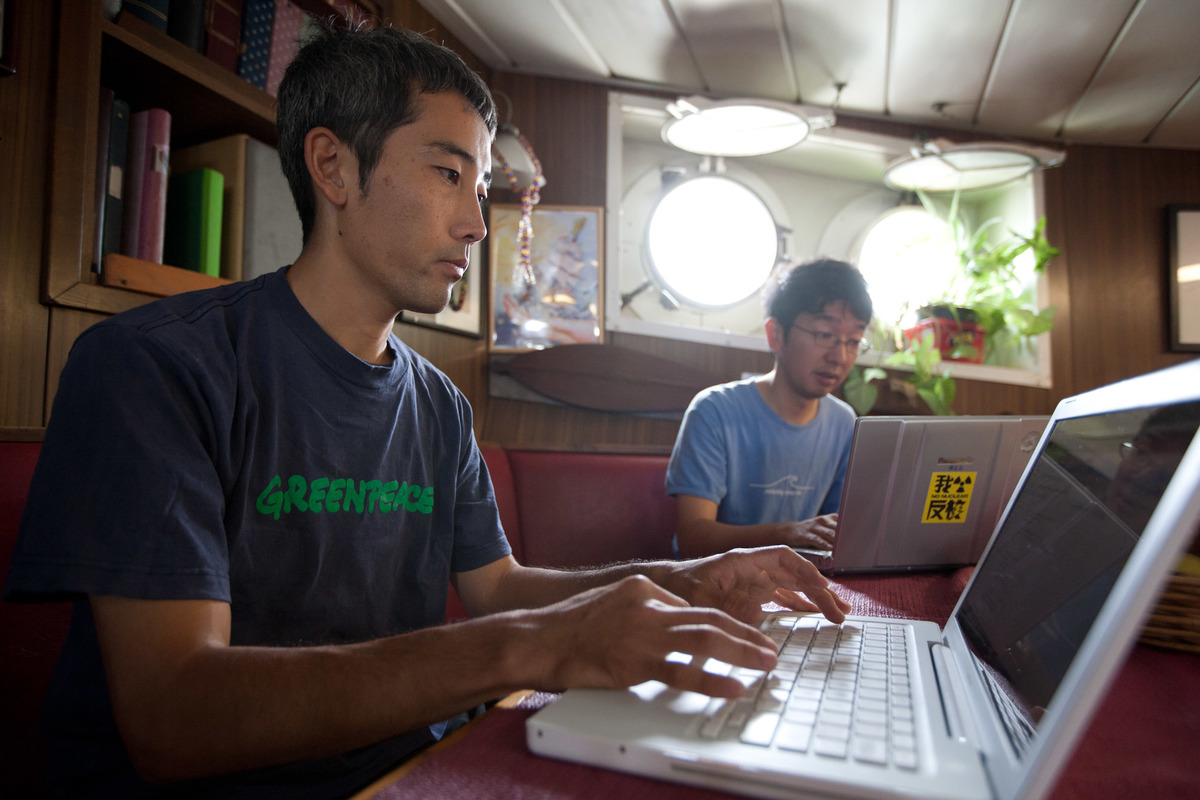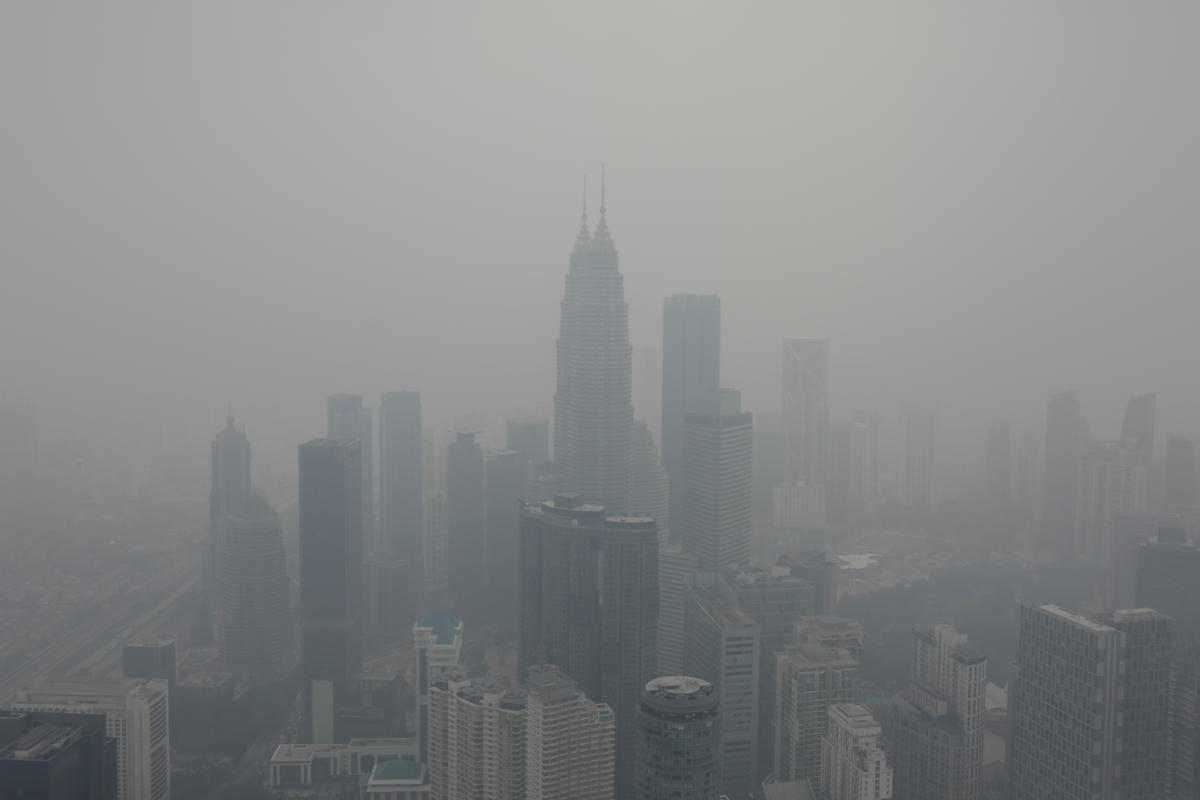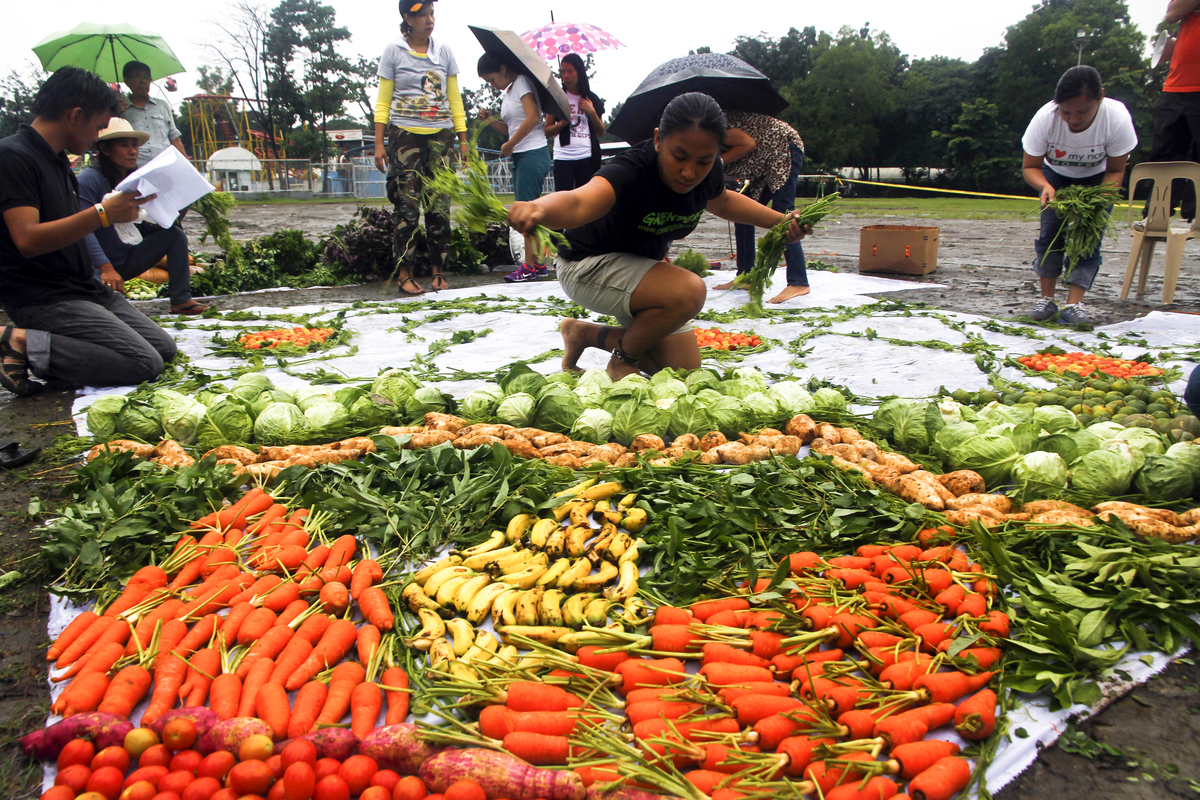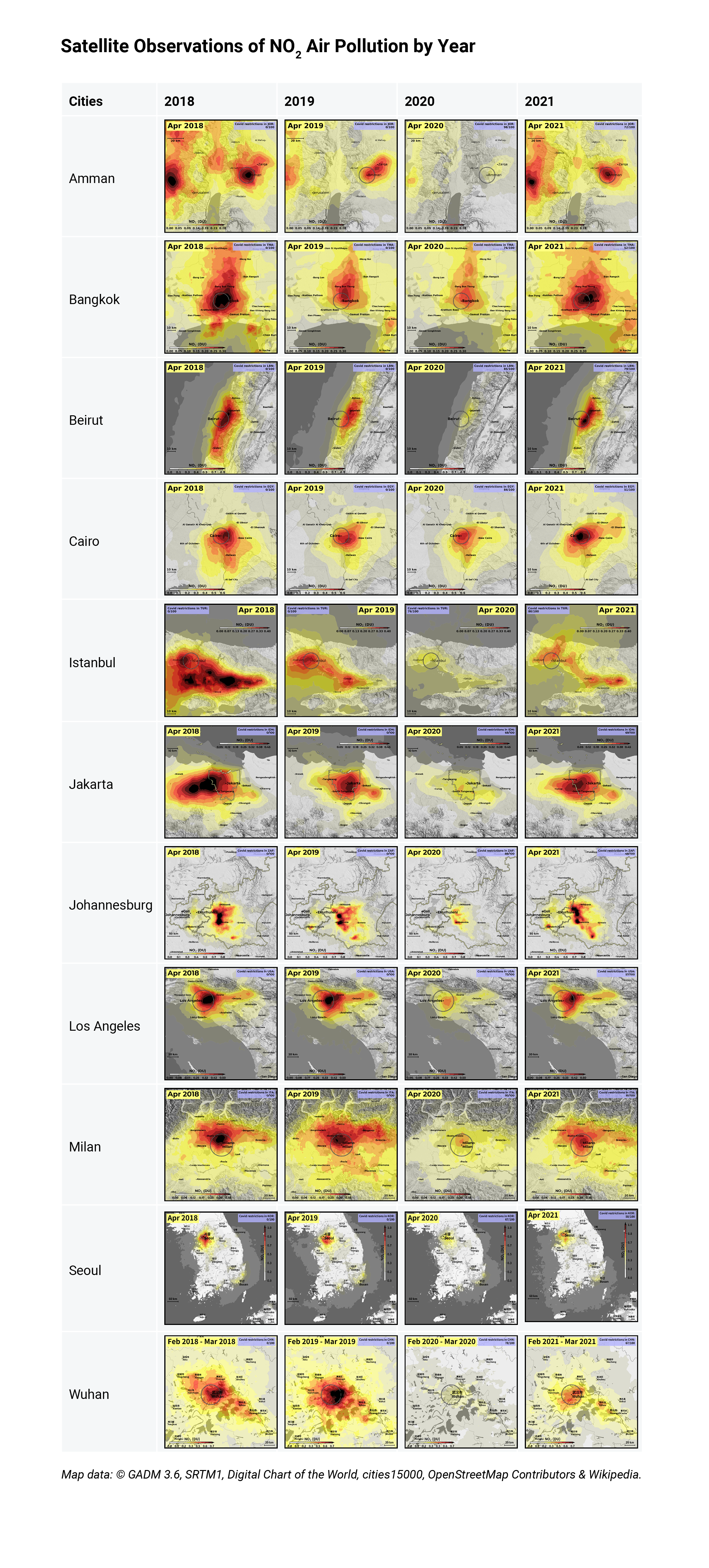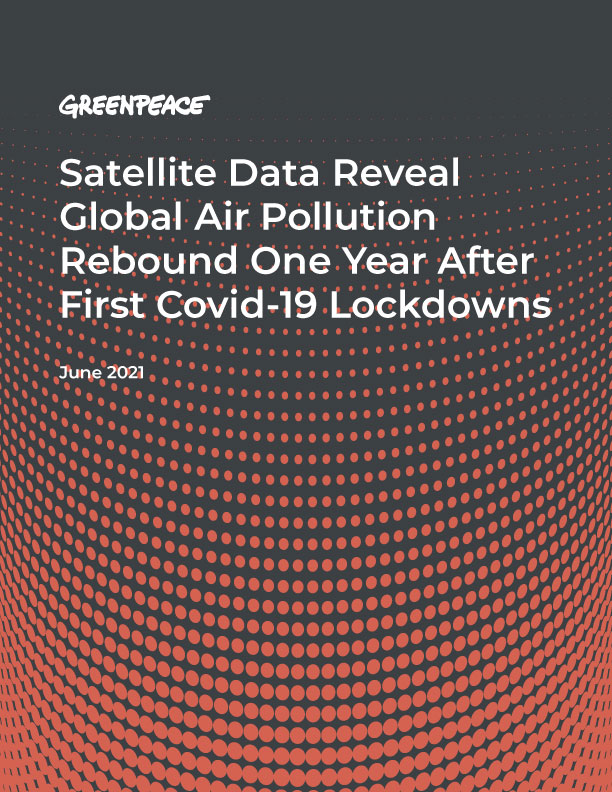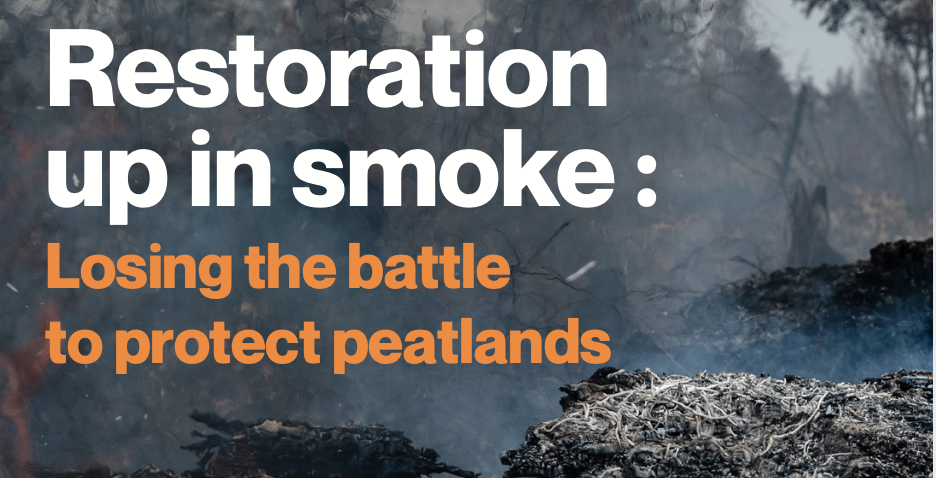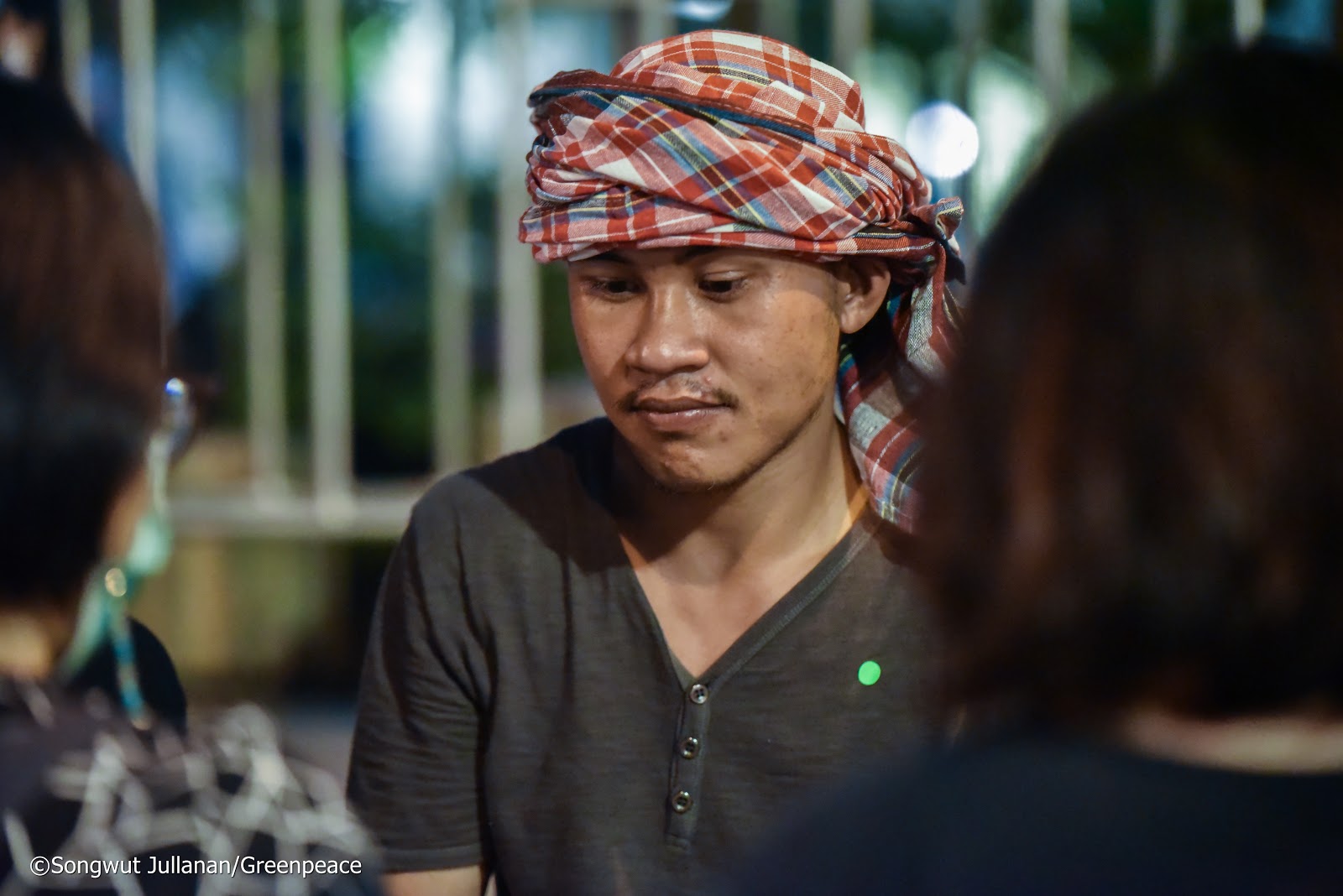-
Job Opening: Regional Engagement Systems Coordinator
The Engagement Systems Coordinator, reports to the Regional Journey Manager, and will work closely with National and Regional programme and Fundraising teams.
-
Green groups file landmark complaint to Malaysian Human Rights Commission for public inquiry into haze pollution as a human rights violation
A coalition of Malaysian civil society organizations is calling for a public inquiry and investigation into the sources of both domestic and transboundary haze with the aspired aim of getting systemic solutions for overcoming haze pollution and protecting our right to clean air.
-
Climate science or corporate food? UN Food Summit must choose one for a liveable planet
The science is clear. To survive the climate crisis, we’ll need less land devoted to animal grazing and feed, not more. We need plant-rich diets, not meat-heavy diets that damage our health and planet.
-
Greenpeace on Global Witness report: Urgent protection of environmental defenders needed
Greenpeace Philippines echoes the recommendations of the Global Witness report that companies and governments must be held accountable for the violence and persecution of land and environmental defenders.
-
Satellite images reveal global air pollution rebound 1 year after first Covid-19 lockdowns
Levels of toxic NO2 air pollution have rebounded in cities around the world one year after initial Covid-19 lockdowns went into effect, a new report from Greenpeace Southeast Asia finds.
-
Satellite Data Reveal Global Air Pollution Rebound One Year After First Covid-19 Lockdowns
In this report, we investigate nitrogen dioxide (NO2) pollution data from ground level monitors and satellite observations. The analysis compares air quality before the emergence of Covid-19 against pollution measurements made during different stages of the pandemic.
-
And the winning design is…
Here are the winners of Greenpeace 50th anniversary design contest.
-
Earth to humans…
Days like Earth Day remind all of us of the present state of our planet - which is in a crisis. The truth is, Earth Day should be 365 days in a year.
-
Restoration Up in Smoke: Losing the Battle to Protect Peatlands
In the absence of independent verification of the progress of peatland restoration, Greenpeace decided to conduct an analysis of the present condition of peatlands in Indonesia. The goal of this analysis is to establish the locations of the degraded peatlands which have been prioritised to be restored by the government and to assess the condition…
-
From the Heart: Thailand’s ‘Guardians of the Forest’ finally speak up, vow to return their ancestral home
“We want Thai society to understand that our people have lived in the forest for countless generations. We are not intruders. We are guardians of the forest.”

